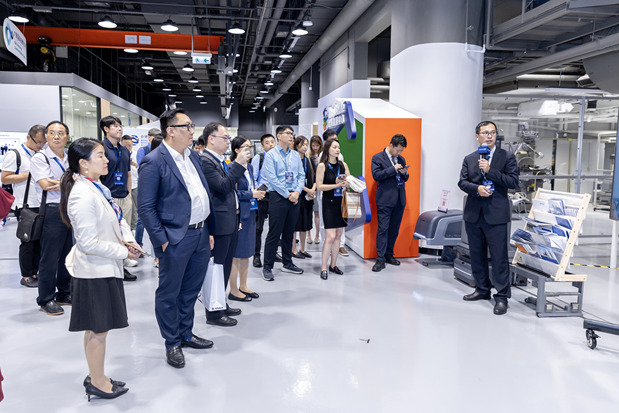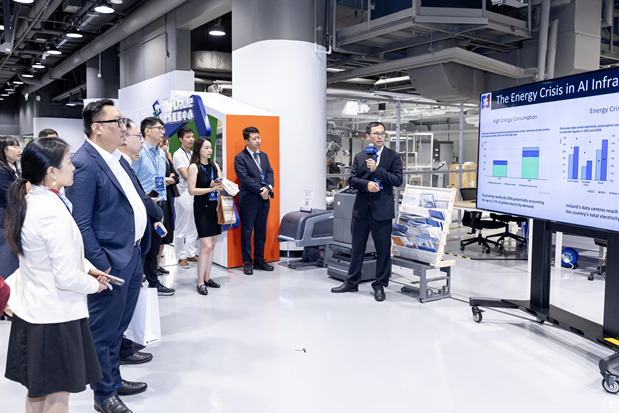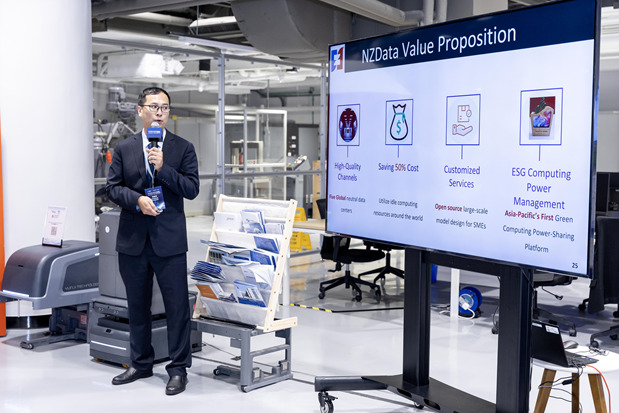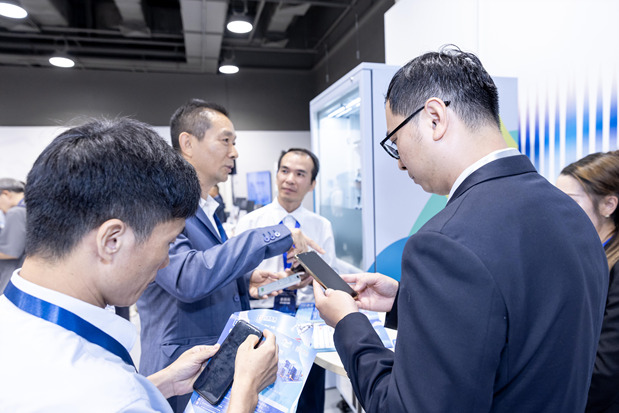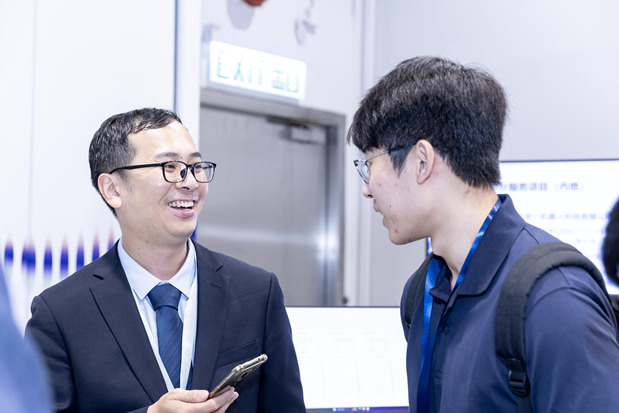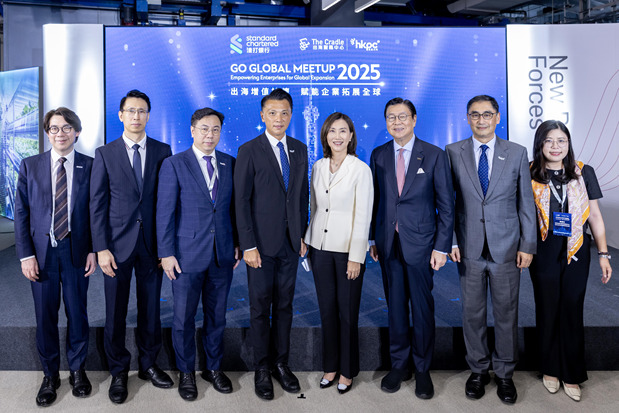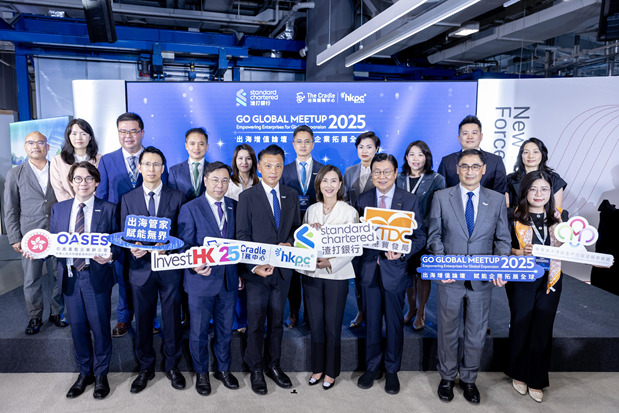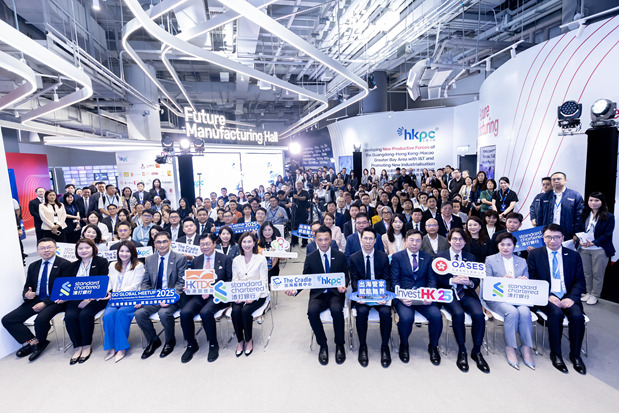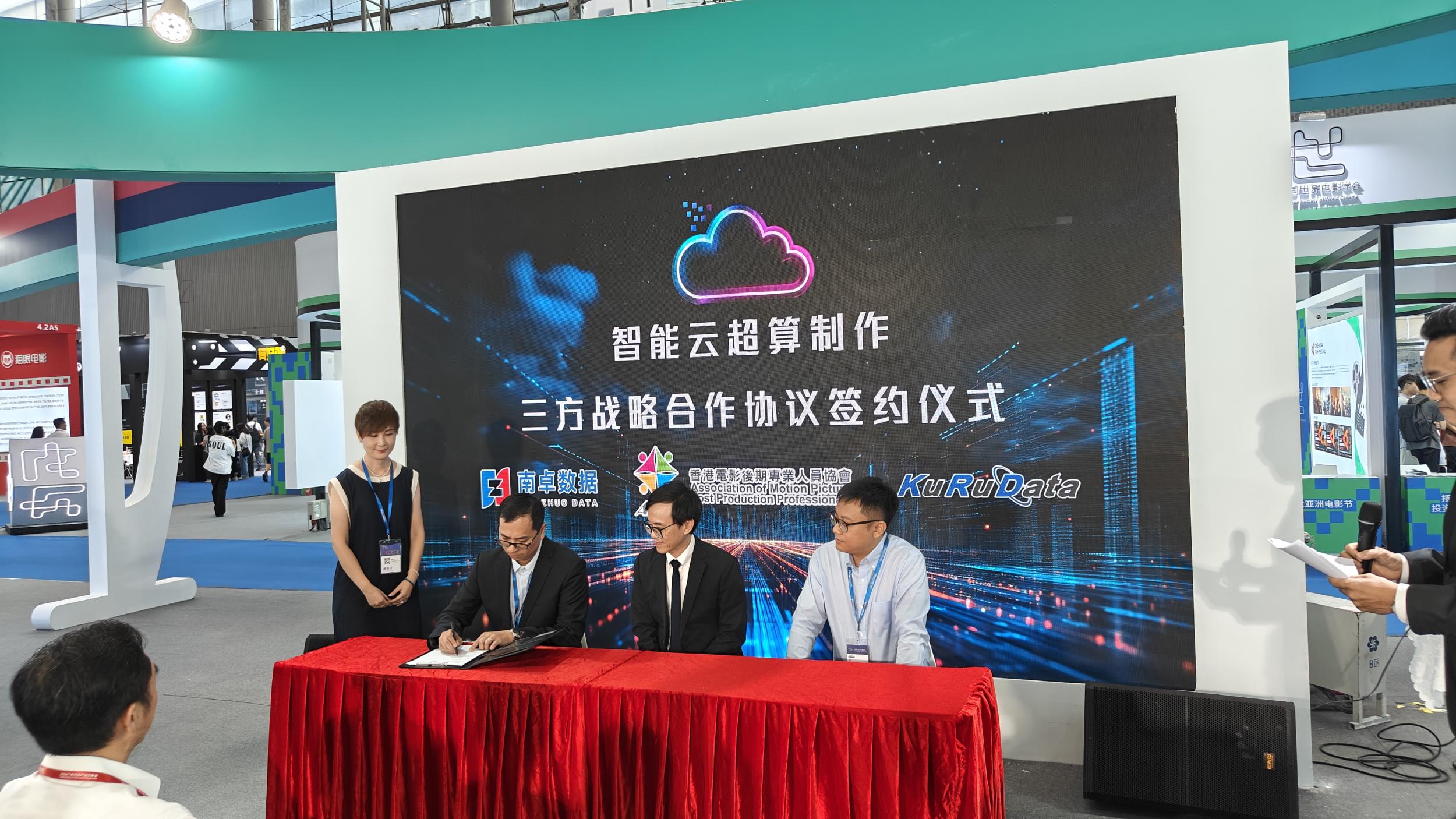
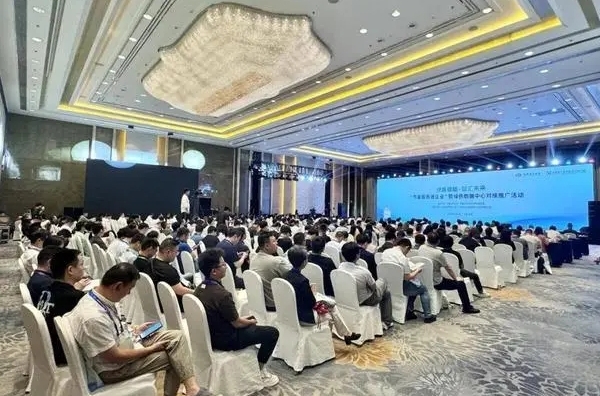
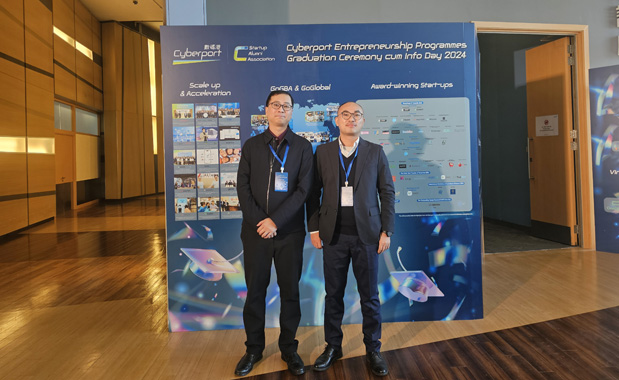



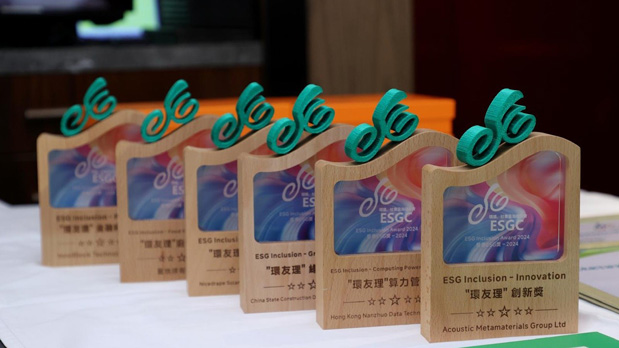
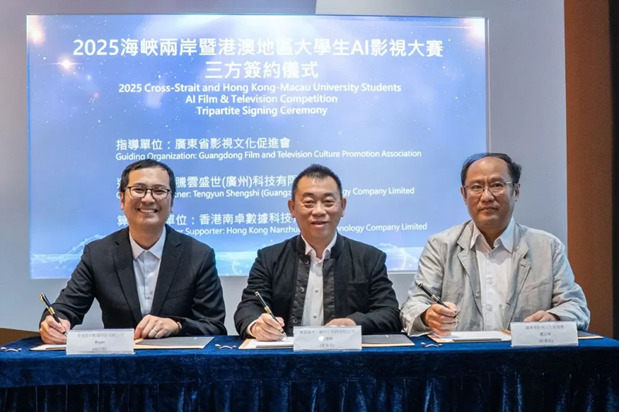
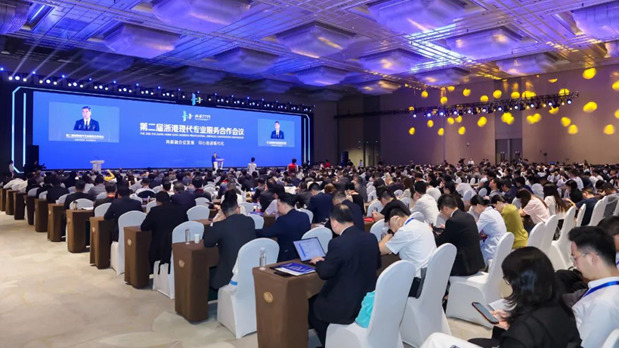

On September 9, 2025, the team from Hong Kong Nanzhuo Data Technology Company Limited participated in the HKPC's "Overseas Expansion Value-Added Forum: Empowering Enterprises for Global Expansion" event. NZData offers computing power sharing and AI large model services, and is committed to promoting the overseas expansion of "domestic computing power." Its core business is the self-developed NCOS computing power scheduling platform, which connects global, especially domestic, computing power resources and provides idle computing power resources for "going-global" enterprises while addressing the challenges of "domestic computing power" going overseas. NZData adheres to the concept of sustainable development, and its distinctive feature lies in utilizing green energy-based computing power to meet the ESG goals of overseas enterprises. The company strictly complies with data regulations in various regions and adopts a "real-time retrieval" model to ensure data security.
Hong Kong Wen Wei Po News: "Domestic Computing Power" Promotes AI Computing Power via Hong Kong Platform
Bryan Fan, the Director and General Manager of Hong Kong NZData, which is engaged in computing power sharing services, told a reporter from Hong Kong Wen Wei Po that the company is committed to promoting the overseas expansion of "domestic computing power" and providing corresponding "domestic computing power" for overseas enterprises. The company's core business is the self-developed NCOS computing power scheduling platform, which connects idle computing power resources from around the world, especially those from data centers in mainland China (such as those in Guizhou and Guangdong), through the company's platform and supplies them to "going-global" enterprises in need. The company promotes AI computing power solutions to small and medium-sized enterprises through the "SME-ONE" platform of the Hong Kong Productivity Council, helping these enterprises preparing to "go global" use AI computing power more conveniently and at a lower cost, thereby achieving digital transformation.
He pointed out that the company's distinctive feature is its utilization of green energy-based computing power, composed largely of wind power and solar energy. This enables overseas enterprises to not only meet their computing power needs but also fulfill their ESG (Environmental, Social, and Governance) goals and reduce their carbon footprints when using the company's services for AI model training. This is particularly attractive to countries or enterprises that find it difficult to bear the massive carbon emissions resulting from large-scale AI operations.
Strict Compliance with Data Regulations in Various Regions:
When discussing the biggest challenges in the overseas expansion of computing power, Bryan Fan candidly admitted that "domestic computing power" going overseas faces significant ecological constraints, leading to increased R&D and integration costs. However, as overseas Chinese enterprises gradually accept the overseas expansion of "domestic computing power," the situation has improved. Despite substantial R&D costs incurred in the previous year, safety, data, and control issues have been simultaneously resolved, ensuring the use of "domestic computing power" by overseas enterprises.
Regarding how to handle data security and regulatory issues when scheduling computing power across borders, Bryan Fan directly stated that "this is a crucial issue." The company strictly complies with data regulations in various regions, and data must remain within the jurisdiction where the service recipient is located. The company's model does not involve "transferring" data but rather "real-time retrieval," emphasizing that it only utilizes idle computing power in mainland China for Hong Kong and overseas clients and does not store data from Hong Kong or overseas clients in mainland China. Client data is stored on local servers. When computation is required, the company retrieves the data in real-time through a high-bandwidth network to its GPU nodes in mainland China or Hong Kong for computation, and only returns the results after computation is complete. Since the company is currently primarily engaged in AI large model "training" rather than real-time "inference" , it has a relatively high tolerance for latency, making this model entirely feasible. However, this technology is not yet suitable for applications requiring real-time responses. As the company's technological R&D progresses, it will provide real-time applications for inference in the future and introduce appropriate solutions.
